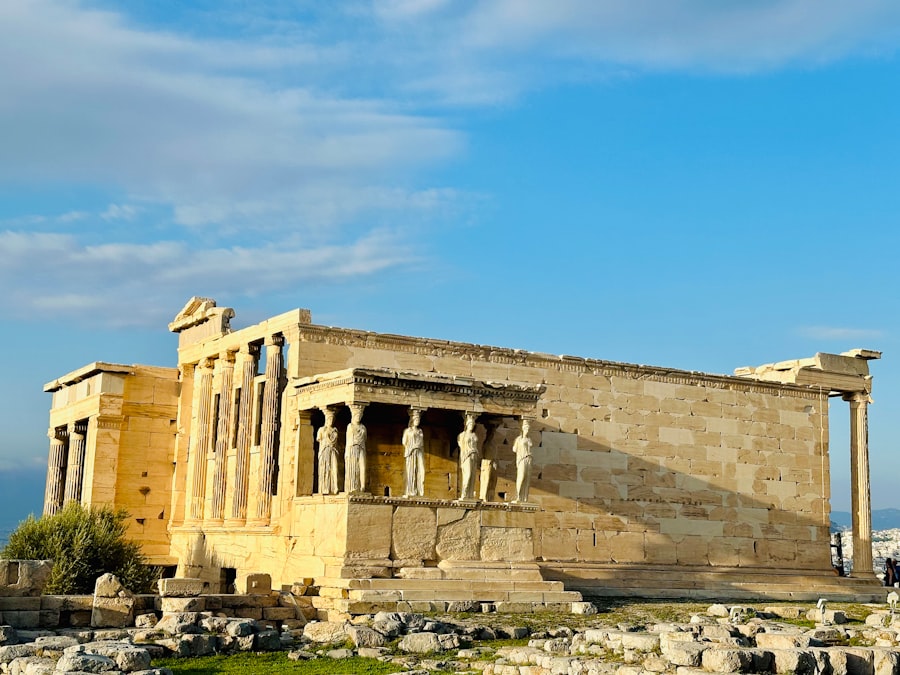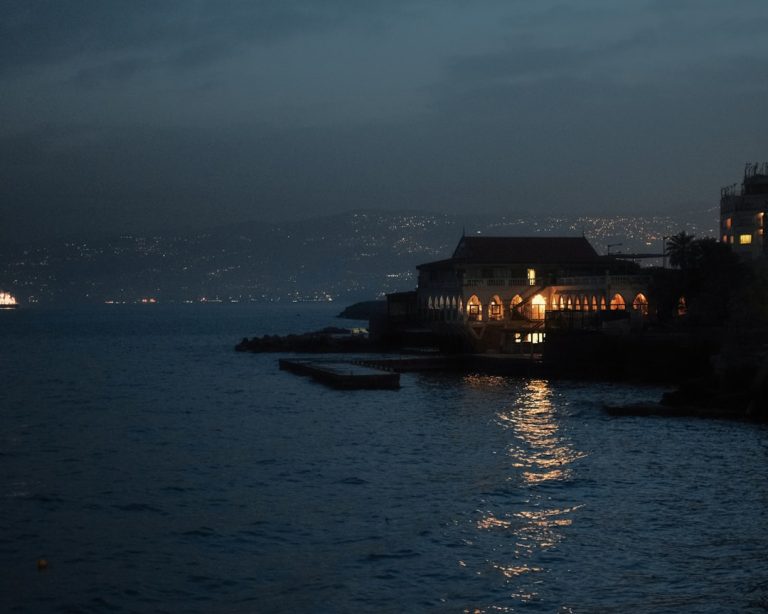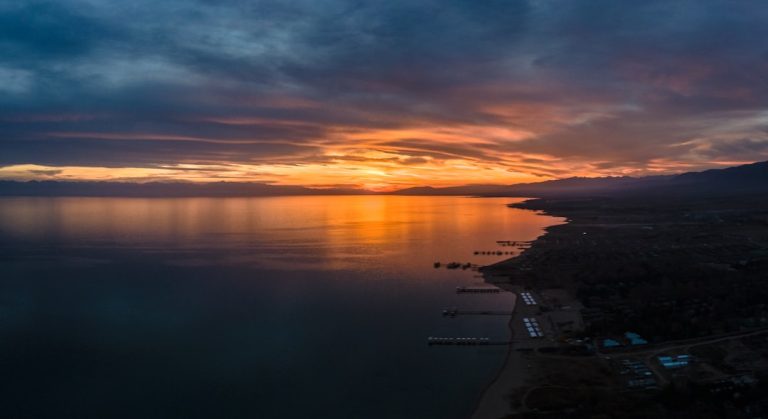
Greece, often referred to as the cradle of Western civilization, is a country steeped in history and adorned with breathtaking landscapes. Its rich tapestry of culture, philosophy, and art has left an indelible mark on the world, making it a destination that beckons travelers from all corners of the globe. The allure of Greece lies not only in its ancient ruins and historical significance but also in its stunning natural beauty, characterized by azure waters, rugged mountains, and charming villages.
This enchanting land offers a unique blend of the past and present, where visitors can immerse themselves in the legacy of ancient civilizations while enjoying the vibrant lifestyle of modern Greeks. The geographical diversity of Greece adds to its charm, with over 6,000 islands and islets scattered across the Aegean and Ionian Seas. Each island boasts its own unique character, traditions, and landscapes, making them a treasure trove for explorers.
From the bustling streets of Athens, where the echoes of philosophers still resonate, to the serene beaches of Santorini, where sunsets paint the sky in hues of orange and pink, Greece is a land that captivates the senses. The warm hospitality of the Greek people further enhances the experience, inviting visitors to partake in their rich traditions and celebrate life with fervor.
Key Takeaways
- Greece is a land of rich history and stunning beauty, with a mix of ancient ruins and natural wonders.
- Exploring historical and cultural sites in Greece offers a glimpse into the country’s fascinating past and vibrant traditions.
- The natural wonders of Greece, including its stunning landscapes and beautiful beaches, make it a perfect destination for nature lovers.
- The famous Greek islands offer a diverse range of experiences, from vibrant nightlife to serene beaches and picturesque villages.
- Traditional Greek cuisine is a delicious exploration of flavors and dishes, with a focus on fresh ingredients and Mediterranean influences.
- When traveling in Greece, it’s important to embrace the local culture, plan for diverse experiences, and savor the unique flavors of the country’s cuisine.
Historical and Cultural Sites: Exploring Ancient Ruins and Museums
Greece is a veritable museum of ancient history, with archaeological sites that tell the stories of civilizations long past. The Acropolis of Athens stands as a testament to the architectural brilliance of ancient Greece. Dominated by the Parthenon, a temple dedicated to the goddess Athena, this UNESCO World Heritage site offers a glimpse into the artistic and cultural achievements of the Athenian Golden Age.
Visitors can wander through the ruins, marveling at the intricate sculptures and columns that have withstood the test of time. The nearby Acropolis Museum further enriches this experience, housing an extensive collection of artifacts that illuminate the significance of this iconic site. Beyond Athens, the ancient city of Delphi beckons with its mystical aura.
Once considered the center of the world by the ancient Greeks, Delphi was home to the Oracle, where seekers would come to receive prophecies. The ruins of the Temple of Apollo, along with the ancient theater and stadium, provide insight into the religious practices and athletic competitions that were integral to Greek culture. The Delphi Archaeological Museum showcases a wealth of artifacts, including the famous Charioteer statue, which exemplifies the artistry of classical sculpture.
Each site in Greece serves as a portal to a bygone era, allowing visitors to connect with the thoughts and beliefs that shaped human history.
Natural Wonders: The Stunning Landscapes and Beaches of Greece

Greece’s natural beauty is as diverse as its cultural heritage. The country is blessed with an array of landscapes that range from rugged mountains to idyllic coastlines. The Peloponnese peninsula is home to some of Greece’s most dramatic scenery, featuring towering cliffs that plunge into crystal-clear waters.
The region is dotted with picturesque villages such as Monemvasia, a medieval fortress town perched on a rock island, offering stunning views and a sense of stepping back in time. The islands are perhaps Greece’s most celebrated natural wonders. Santorini, known for its iconic white-washed buildings and blue-domed churches, is famous for its breathtaking sunsets that draw visitors from around the world.
The volcanic landscape creates unique beaches with black and red sands, providing a striking contrast to the vibrant blue sea. Similarly, Zakynthos boasts the stunning Navagio Beach, often referred to as Shipwreck Beach due to the wreckage of a smuggler’s ship that rests on its shores. Surrounded by towering cliffs and accessible only by boat, this beach epitomizes the untouched beauty that Greece has to offer.
Famous Greek Islands: A Guide to the Most Popular and Beautiful Islands
| Island | Location | Population | Area (km²) | Popular Attractions |
|---|---|---|---|---|
| Santorini | Cyclades | 15,500 | 73 | Caldera, Oia, Red Beach |
| Mykonos | Cyclades | 10,100 | 85.5 | Windmills, Little Venice, Paradise Beach |
| Crete | Crete | 623,065 | 8,336 | Knossos Palace, Samaria Gorge, Elafonisi Beach |
| Rhodes | Dodecanese | 115,490 | 1,400 | Medieval City, Lindos Acropolis, Prasonisi Beach |
The Greek islands are a mosaic of beauty and culture, each offering its own unique charm. Mykonos is renowned for its vibrant nightlife and cosmopolitan atmosphere. With its lively beach clubs and upscale restaurants, it attracts a diverse crowd seeking both relaxation and revelry.
The island’s picturesque old town, with its narrow streets lined with boutique shops and traditional tavernas, provides a delightful contrast to its party scene. In stark contrast lies Crete, the largest Greek island, steeped in mythology and history. It is home to the ancient Minoan civilization and boasts archaeological sites such as Knossos, where visitors can explore the remnants of one of Europe’s earliest advanced societies.
Beyond its historical significance, Crete offers stunning landscapes ranging from rugged mountains to lush valleys and pristine beaches like Elafonissi, known for its pink sand and turquoise waters. Another gem in the Aegean Sea is Rhodes, famous for its medieval Old Town—a UNESCO World Heritage site that transports visitors back to the time of knights and crusaders. The island’s rich history is complemented by beautiful beaches such as Lindos Beach, where visitors can relax under the sun while gazing at ancient ruins perched on cliffs above.
Traditional Greek Cuisine: Exploring the Flavors and Dishes of Greece
Greek cuisine is a celebration of flavors that reflects the country’s rich agricultural heritage and regional diversity.
One cannot visit Greece without indulging in classic dishes such as moussaka—a hearty casserole made with layers of eggplant, minced meat, and béchamel sauce—or souvlaki, skewered meat grilled to perfection and served with pita bread and tzatziki sauce.
The culinary experience in Greece extends beyond traditional dishes; it encompasses a way of life centered around communal dining and hospitality. Meze platters—small dishes meant for sharing—are a staple in Greek dining culture. These may include dolmades (stuffed grape leaves), spanakopita (spinach pie), and various dips like hummus or melitzanosalata (eggplant dip).
Dining in Greece often becomes an event in itself, where meals are leisurely enjoyed over hours of conversation and laughter. Moreover, regional specialties add depth to Greek cuisine. In Crete, for instance, one can savor dakos—a salad made with barley rusk topped with tomatoes and feta cheese—while in Thessaloniki, locals take pride in their bougatsa—a sweet or savory pastry filled with custard or cheese.
Each dish tells a story about its origin and reflects the local customs that have been passed down through generations.
Tips for Traveling in Greece: Advice for Making the Most of Your Trip

Traveling in Greece can be an exhilarating experience if approached with some practical tips in mind. First and foremost, understanding the best time to visit can significantly enhance your trip. The peak tourist season runs from June to August when temperatures soar and crowds flock to popular destinations.
For those seeking a more tranquil experience, consider visiting during the shoulder seasons—late spring (April to June) or early autumn (September to October)—when the weather remains pleasant but tourist numbers are lower. Navigating Greece’s islands can be an adventure in itself; ferries are a popular mode of transportation between islands but can vary in frequency depending on the season. It’s advisable to book tickets in advance during peak times to secure your desired travel dates.
Additionally, renting a car on larger islands like Crete or Rhodes allows for greater flexibility in exploring hidden gems away from tourist hotspots. Lastly, embracing local customs can enrich your travel experience. Learning a few basic Greek phrases can go a long way in connecting with locals who appreciate any effort made to speak their language.
Participating in traditional festivals or local events can also provide insight into Greek culture beyond what is found in guidebooks. Whether it’s joining in on a lively dance at a village celebration or savoring homemade dishes at a family-run taverna, immersing oneself in local traditions will create lasting memories that transcend mere sightseeing. Greece is not just a destination; it is an experience that engages all senses—where history whispers through ancient ruins, nature dazzles with its beauty, cuisine delights with its flavors, and culture invites you to partake in its vibrant tapestry.
Each visit reveals new layers of this remarkable land that continue to inspire awe and admiration among those fortunate enough to explore its wonders.
If you’re interested in exploring more about various countries and their unique attractions, you might find the article on “Belarus Facts and Places to Visit” quite enlightening. Similar to the comprehensive details you’d find in a piece about Greece, this article offers insights into Belarus’s rich history, culture, and must-see destinations. Whether you’re a history buff, nature lover, or just curious about different parts of the world, this article provides valuable information that could help plan a visit or expand your knowledge. You can read more about it by visiting Belarus Facts and Places to Visit.
FAQs
What are some interesting facts about Greece?
– Greece is considered the cradle of Western civilization, as it is the birthplace of democracy, Western philosophy, and the Olympic Games.
– The country is known for its rich history and mythology, with famous ancient landmarks such as the Acropolis and the Parthenon.
– Greece is home to over 6,000 islands, with only around 200 of them being inhabited.
– The Greek language is one of the oldest languages in the world, with a history spanning over 3,000 years.
What are some popular places to visit in Greece?
– Athens: The capital city of Greece, known for its ancient landmarks and vibrant street life.
– Santorini: Famous for its stunning sunsets, white-washed buildings, and crystal-clear waters.
– Mykonos: A popular destination known for its lively nightlife, beautiful beaches, and picturesque villages.
– Delphi: An ancient archaeological site known for the Oracle of Delphi and its historical significance.
What are some must-see sights in Greece?
– Acropolis of Athens: A UNESCO World Heritage site featuring the iconic Parthenon temple and other ancient ruins.
– Meteora: A unique rock formation with monasteries perched on top, offering breathtaking views and a sense of serenity.
– Olympia: The birthplace of the Olympic Games, featuring ancient ruins and a museum dedicated to the history of the games.
– Palace of Knossos: An ancient Minoan palace on the island of Crete, known for its intricate architecture and historical significance.



